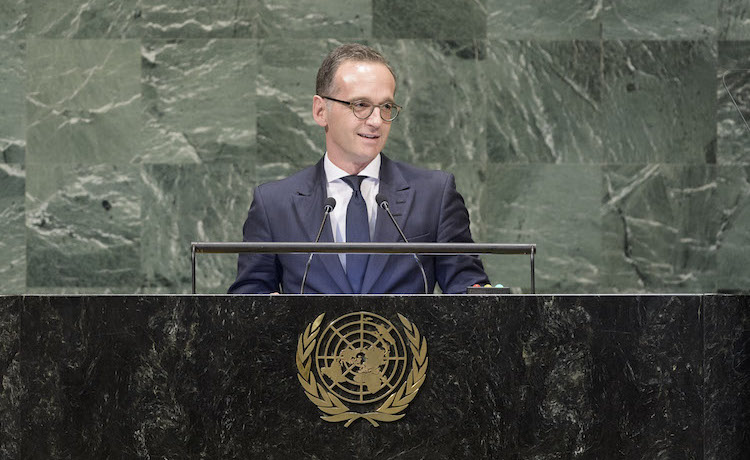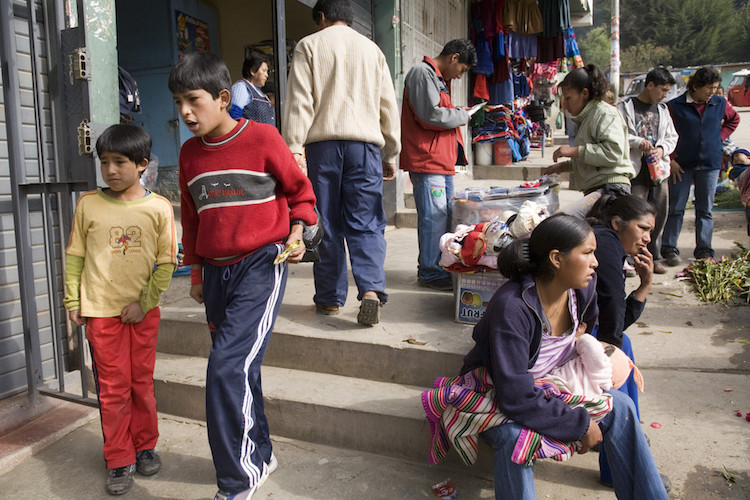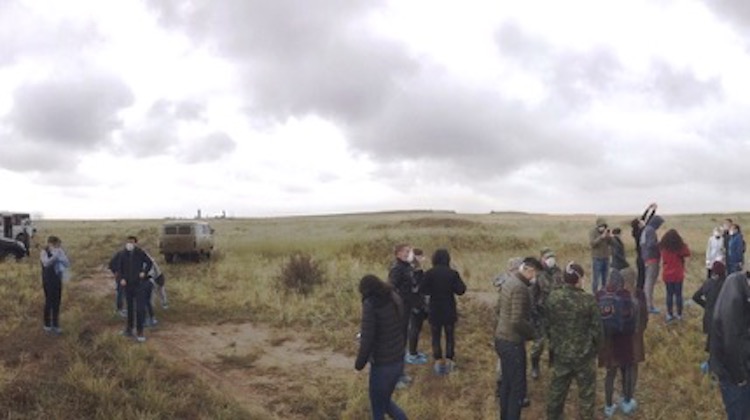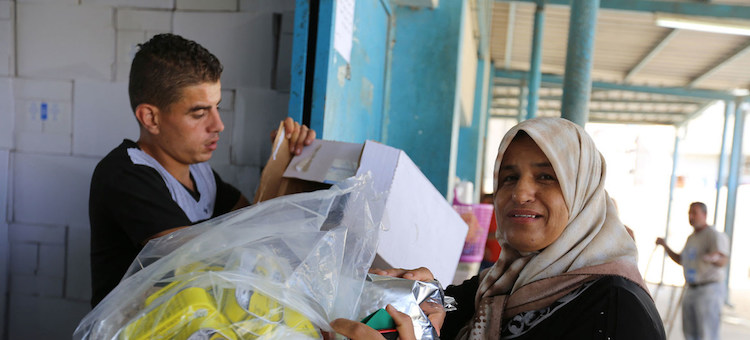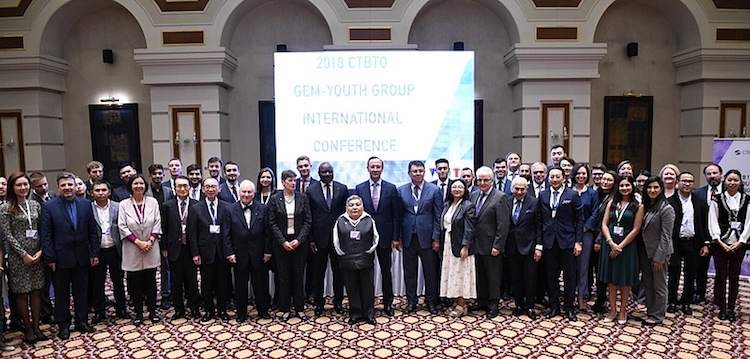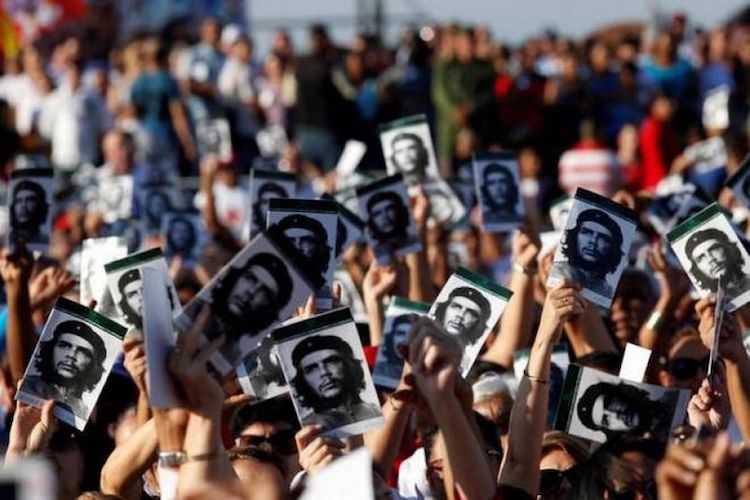Viewpoint by Heiko Maas With three months to go for Germany joining the Security Council as a non-permanent member for 2019-2020, German Foreign Minister Heiko Maas spelt out in his speech at the general debate of the 73rd General Assembly of the United Nations on 28 September 2018 the country’s agenda putting the focus on […]
Helping Rural Latin America Beat the Economic Downturn
By Kwame Buist ROME (IDN) – Over the last three decades, the countries of Latin American and the Caribbean have experienced a profound transformation which has extended to rural areas. All countries in the region, except for Haiti, are now considered middle-income. This economic and rural transformation has resulted in many benefits, especially between 2004 […]
Brazil Sets Up an Innovative Model to Reverse Land Degradation
Viewpoint by Prof. Dr. Valdemar Rodrigues The writer is Director of Sustainable Rural Development of the Ministry of Environment of Brazil, National Director of the UNDP / GEF / MMA Program and National Director of the FAO / GEF / MMA Program. Prior to joining the Ministry, he was he was a Professor at the […]
Upcoming UN General Assembly Promises a Whiff of History
Fourth Woman President in 73 years – 18-year-old Female Activist to Speak at High Level Meeting on Nuclear Disarmament By Santo D. Banerjee NEW YORK (IDN) – The 73rd session of the United Nations General Assembly opening on September 18 promises to be historic. Not only because its President, María Fernanda Espinosa Garcés, the Foreign […]
My Life Will Never be the Same Again
By Ilya Kursenko ON TRAIN FROM KURCHATOV TO ASTANA (IDN) – A Russian member of the CTBTO Youth Group, llya Kursenko, attended the five-day 2018 Youth International Conference of the CTBTO Youth Group and the Group of Eminent Persons (GEM) which concluded on September 2 in Astana, capital city of the Central Asian republic of […]
Kudos for Kazakhstan’s ‘Leading Role’ as UN General Assembly Campaigns for Nuclear-Test-Ban Treaty
By Santo D. Banerjee NEW YORK (IDN) – The International Day against Nuclear Tests (IDANT) has been observed around the world on August 29 since 2010. A new element was added this year when President of the 72nd session of the General Assembly, Miroslav Lajčák, convened a high-level plenary meeting on September 6 “to commemorate […]
EU Slates U.S. for Slashing Aid Funding to Palestinian Refugees, UN Urges Increased Assistance
By J Nastranis NEW YORK (IDN) – Nearly three months after the UN Relief and Works Agency for Palestine Refugees in the Near East (UNRWA) in its 2017 Annual Report warned about the deteriorating state of health across the agency’s five areas of operation – Jordan, Lebanon, the West Bank, including East Jerusalem, Gaza, and […]
Calls for Making Global Nuclear Test Ban Legally Binding
By Ramesh Jaura BERLIN | VIENNA | ASTANA (IDN) – The Kazakh Minister of Foreign Affairs Kairat Abdrakhmanov and CTBTO Executive Secretary Dr Lassina Zerbo have called on all States Signatories “to spare no effort to ensure that the nuclear test ban becomes legally binding by achieving the entry into force” of the Comprehensive Nuclear-Test-Ban […]
California Leads the Way in Support of Nuclear Disarmament
By J C Suresh TORONTO (IDN) – The State Senate of California, the most populous state in the United States, has adopted Assembly Joint Resolution 33 (AJR 33), which calls upon the federal government to embrace the Treaty on the Prohibition of Nuclear Weapons, make nuclear disarmament the centerpiece of national security policy, and spearhead […]
Guevara and Marx: Critical Remake of an Old Film – 9
By Roberto Massari* This is the ninth of a nine-part series. Read Parts 1, 2, 3, 4, 5, 6, 7 and 8. BOLSENA, Italy (IDN) – FADE-OUT … Scene 9[ Vallegrande, October 9, 2017] The scene is composite, polychrome and multi-sound. On the large clearing for what in the past was to become the Vallegrande […]

